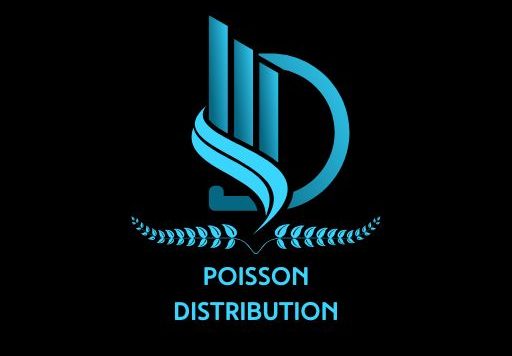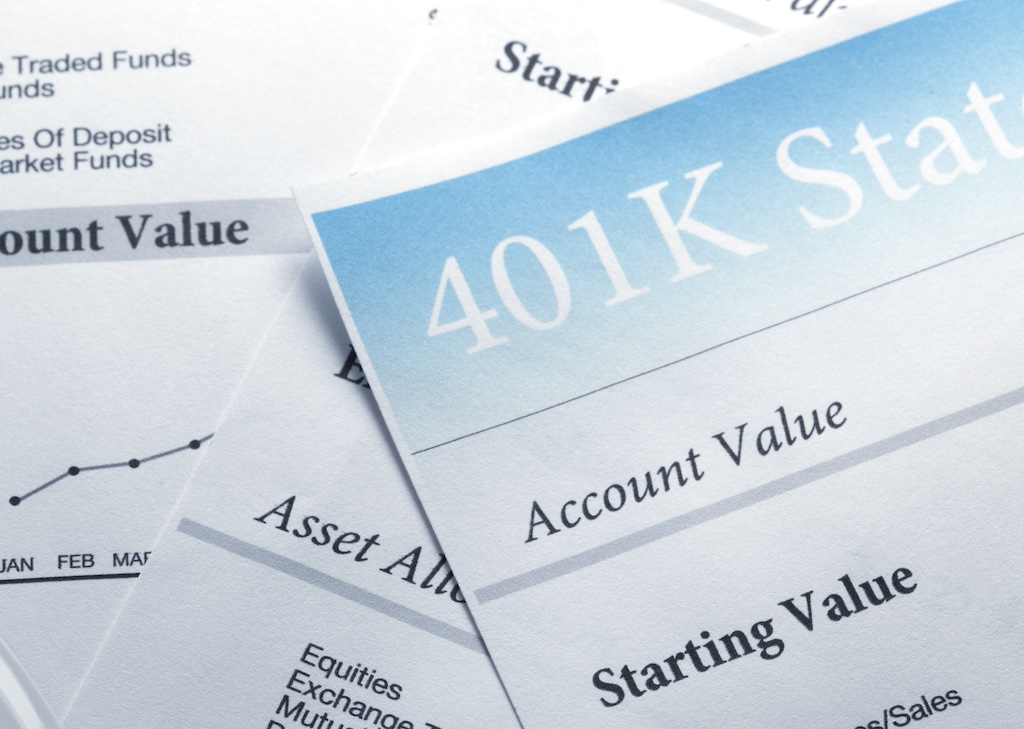- Norway Savings Bank delivers surprise $2,500 holiday donation to Mid Coast Hunger Prevention Program
- Nearly half of retirees worry they’ll outlive their savings, while 25% are burdened by housing costs
- HHS releases cost savings for 64 prescription drugs
- Items To Buy In January For Huge Savings In New Jersey
- Governor Ivey announces applications open for Alabama’s education savings account program created by CHOOSE Act
Bạn đang xem: Private Equity Is Coming for Your 401(k) Savings
Private equity may soon be coming for your hard-earned retirement plan — thanks in part to President Joe Biden’s failure to stop the industry’s decades-long push to infiltrate retirement savings and the Trump administration’s presumed support of such an incursion.
Private equity, an opaque, high-fee industry dealing in high-risk and world-destroying investments, has long been trying to get its claws on the $11 trillion sitting in Americans’ retirement savings plans. On Monday, the Financial Times reported that the industry is launching a new lobbying effort to do so, with just days left before President Donald Trump takes power.
Should private equity succeed in fulfilling a longtime “dream” of tapping into the trillions of dollars held in 401(k)s and other defined-contribution retirement plans — which workers pay into, sometimes with an employer match — one executive told the Financial Times it could potentially double demand for the industry’s various funds. But advocates warn that private equity could endanger retirement savings in the same way the industry has imperiled public pension plans — by charging exorbitant fees and funneling money into risky and opaque investments.
Given Trump’s friendliness to private equity and the major backing the industry gave his campaign, his reelection was seen by insiders as a sign that this dream may be fully realized.
But private equity has also benefited from Biden’s refusal to intervene on the issue, despite speaking out against private equity in 401(k)s on the 2020 campaign trail. Biden’s reticence has paved the way for this week’s new lobbying effort.
Private equity has historically not had access to 401(k)s thanks to restrictions in the Employee Retirement Income Security Act (ERISA), a 1974 law that set strict investing standards for private employee benefit plans, emphasizing financially conservative investments like target-date funds and mutual funds. (Public pension plans are subject to different, looser regulations that have allowed them to invest ever more in private equity.)
Xem thêm : Grab High Savings Rates While You Can After the Fed’s Rate Cut. Today’s Savings Rates, Dec. 19, 2024
Private equity’s long game to get ahold of retirement plans saw its first major break in June 2020, under the first Trump administration. That summer, the Department of Labor published a letter that for the first time opened the doors for 401(k) plans to invest in the Wall Street funds.
Trump’s former secretary of labor, Eugene Scalia, son of late conservative Supreme Court Justice Antonin Scalia, touted the policy as a way to “level the playing field” for small-time investors, arguing that it would give them access to higher returns. But critics warned the new rules would allow private equity tycoons to prey on retirement savings, charging sky-high fees and investing workers’ decades of retirement savings in highly speculative assets, the true value of which private equity funds can easily conceal.
Biden’s campaign spoke out against the policy during his 2020 presidential run, calling the guidance an “example of President Trump putting the interests of Wall Street ahead of American workers and families.”
Yet Biden’s Department of Labor ultimately did not reverse his predecessor’s decision. Instead, in December 2021, the Biden administration released supplemental guidance that paid some lip service to the risks of private equity but largely upheld the Trump administration’s position on 401(k)s, agreeing that retirement funds could be invested in private equity funds in some circumstances. The industry celebrated the move.
“The Biden administration was just as beholden to Wall Street,” said Edward Siedle, a former attorney at the Securities and Exchange Commission, the federal Wall Street watchdog agency, who now investigates pension fund abuses. Siedle added that the president could have done “a lot more” to protect retirement savings from private equity vultures.
Private equity’s new lobbying push for your retirement savings may well be proof of that.
Even after the 2020 letter and the Biden administration’s 2022 guidance, vanishingly few 401(k)s have invested in private equity. This may be in part because the 2020 guidance still only allowed such investments in limited circumstances.
The industry has signaled a readiness to expand 401(k) access “past that first step,” according to Monday’s Financial Times report, with the goal of permitting retirement savings accounts to “back unlisted investments such as leveraged buyouts, low-rated private loans, and illiquid property deals.”
Xem thêm : What It Would Cost The U.S. To Implement Universal Health Care
But 401(k) administrators may still be reticent to funneling cash into risky private equity funds — since they could be worried about their own liability.
“I think the brokers are just not willing to recommend it to employers,” said Eileen Appelbaum, the codirector of the Center for Economic and Policy Research, a left-leaning think tank. “They’re afraid of being sued.”
Brokers would also likely be nervous about the excessive fees charged by private equity funds. For years, 401(k) plan administrators have faced lawsuits over sky-high fees, which have persisted even despite the litigation.
“Private equity in 401(k)s would guarantee that fees will go up, because the fees that private equity charges are greater than traditional assets,” Siedle explained.
Private equity funds generally charge around a 2 percent management fee, plus an even higher cut — around 20 percent — when gains from an investment exceed a given threshold. Those are enormous compared to mutual fund fees, which are often under 1 percent.
“If you’ve already been sued for excessive fees, now are you going to add in the highest-cost investments ever?” Siedle said. “I don’t think so.”
Appelbaum said she was skeptical that private equity would be able to overcome these hurdles, even with a second Trump administration in power.
“They’ll push. They’ll get a new, stronger letter,” she said. But she said she doubted they would ultimately be successful. “I’m not going to ignore it — but I’m not that worried it’s going to happen.”
Yet that doesn’t seem to be stopping the private equity lobbyists, led by the industry’s main lobbying arm, the American Investment Council, which spent nearly $2 million lobbying lawmakers in Washington last year and which has been a vocal proponent of private equity in 401(k)s.
“We’re going to fix this, and we are in the process of fixing it,” one private equity executive said this fall.
Nguồn: https://poissondistribution.lat
Danh mục: News





